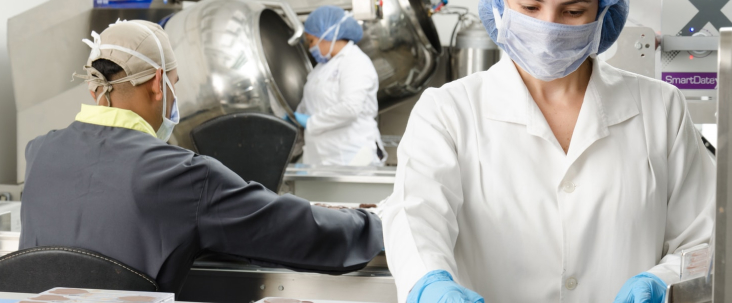Clinical trials are conducted in a series of phases, each designed to answer specific questions about a new treatment or intervention. These phases help researchers ensure that new therapies are safe, effective, and ready for widespread use. Here’s a breakdown of each phase in the clinical trial process:
Phase 1: Exploring Safety and Dosage
The first phase of clinical trials focuses on evaluating the safety of a new treatment. A small group of participants, often healthy volunteers, receives the treatment to assess how it affects their health and to determine the appropriate dosage. Researchers closely monitor participants for any adverse effects and collect data on how the treatment is metabolized in the body.
Phase 2: Assessing Effectiveness
Once safety has been established, the treatment moves to Phase 2, where its effectiveness is tested in a larger group of participants who have the condition the treatment aims to address. This phase helps researchers determine if the treatment provides benefits and how well it works compared to existing therapies or a placebo. It also continues to monitor safety and identify any additional side effects.
Phase 3: Confirming Results
Phase 3 involves even larger groups of participants and aims to confirm the treatment’s effectiveness and safety on a broader scale. This phase is crucial for comparing the new treatment against standard treatments or placebos to establish its overall benefit. If successful, the data collected from Phase 3 trials is used to seek approval from regulatory authorities for public use.
Phase 4: Post-Marketing Surveillance
After a treatment has been approved and is available to the public, Phase 4 trials are conducted to monitor its long-term effects and gather additional information on its benefits and risks. This phase helps identify any rare or long-term side effects and ensures the treatment continues to be effective in real-world settings.
Each phase of clinical trials is designed to build upon the knowledge gained in previous stages, ensuring that new treatments are thoroughly evaluated before they reach patients. Understanding these phases can help you appreciate the rigorous process that ensures new therapies are both safe and effective.

